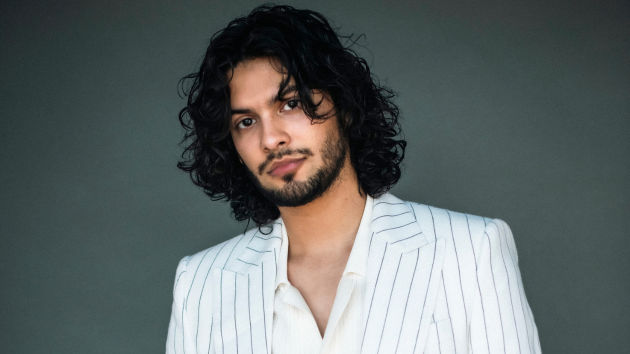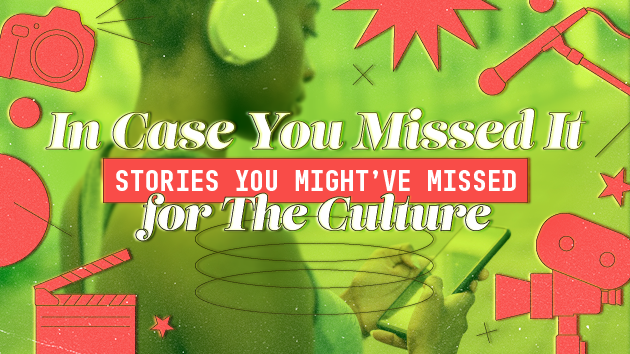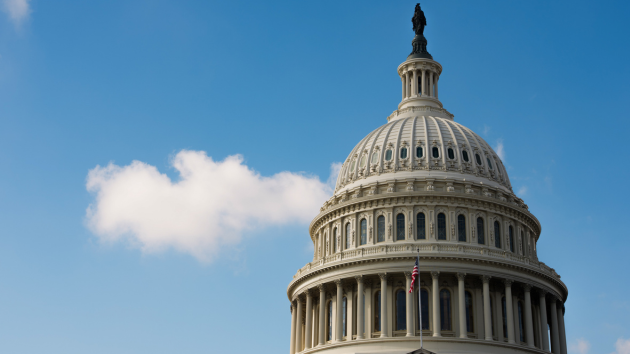Pattern of discriminatory, unlawful policing in Minneapolis made George Floyd murder ‘possible,’ DOJ finds
Written by ABC Audio. All rights reserved. on June 16, 2023
(MINNEAPOLIS) — The Minneapolis Police Department for years engaged in a pattern of discriminatory law enforcement practices against Black and Native American people, using unnecessary excessive force and violating the rights of protesters expressing their First Amendment rights, a more than two-year investigation by the Justice Department released Friday found.
The results of the sweeping ‘pattern-or-practice’ investigation, prompted in part because of the police killing of George Floyd that sparked racial justice protests across the country in 2020, show that “the systemic problems in MPD made what happened to [Floyd] possible,” the department said in its final report.
The systemic problems continued despite reform efforts, the report said.
Attorney General Merrick Garland traveled to Minneapolis Friday to announce the findings.
“As I told George Floyd’s family this morning, his death has had an irrevocable impact on the Minneapolis Community, and our country and on the world. His loss is still felt deeply by those who loved and knew him and by many who did not. George Floyd should be alive today,” Garland said.
“We observed many MPD officers who did their difficult work with professionalism, courage, and respect. But the patterns and practices we observed made what happened to George Floyd possible,” he said. “As one city leader told us, ‘These systemic issues didn’t just occur on May 25, 2020. There were instances like that, that we’re being reported by the community long before that.'”
“We also found that MPD officers routinely disregard the safety of people in their custody. Our review found numerous incidents in which MPD officers responded to a person saying that they could not breathe with a version of, ‘You can breathe, you’re talking right now,'” Garland said.
In vivid detail during his remarks, Garland described some of the disturbing conduct investigators found.
In 2017 an MPD officer “shot and killed an unarmed woman who he said had “spooked him” when she approached his squad car,” Garland said.
“The woman had called 911 to report a possible sexual assault in a nearby alley,” he said.
The report also outlines how MPD officers stop, search and use force against people who are Black and Native American at disproportionate rates.
“The data showed, for example, that MPD stopped black and Native American people nearly six times more often than white people in situations that did not result in arrest or citation,” Garland said.
At times, officers reported for racist conduct or remarks were not held accountable until there was public outcry, he said.
In one stop of a car full of four Somali American teens, one officer told them, “Do you remember what happened in Black Hawk Down when we killed a bunch of your folk? I’m proud of that. We didn’t finish the job over there. If we had you guys wouldn’t be over here.”
“Such conduct is deeply disturbing, and it erodes the community’s trust in law enforcement,” Garland said.
Investigators found the MPD used unjustified deadly force in encounters with suspects, engaged in unreasonable use of force in encounters with young suspects and at times failed to give proper medical aid to people they had taken into custody.
After Floyd’s murder at the hands of Officer Derek Chauvin and as the MPD’s policing practices fell under increased scrutiny, officers suddenly stopped reporting the race and gender of suspects they encountered in law enforcement actions, the report showed, with the percentage of recorded race data dropping from around 71% of encounters to about 35% afterwards through the next two years.
In 2021, Chauvin was convicted of state murder and manslaughter charges and later pleaded guilty to federal civil rights charges both for Floyd’s murder and for holding a 14-year-old teen by the throat and beating him in 2017. A federal jury found three other officers involved in the encounter with Floyd guilty of federal civil rights offenses for failing to save him.
A separate state investigation into MPD resulted in a consent decree returned in March that required the department to implement widespread changes after disturbing findings of race discrimination and excessive force by police.
The DOJ report examines the MPD’s use of neck restraints, like the one used by Chauvin against Floyd, and found “numerous incidents” where officers used them even in situations that did not result in an arrest or where they were otherwise unjustified. Of nearly 200 encounters between 2016 and 2022 where neck restraints were used against suspects, officers did not make an arrest in 44 of them, the report shows.
And although in June 2020 the MPD banned the use of all neck restraints and chokeholds, the policy met “considerable resistance” from officers in the force and the DOJ investigation found MPD officers continued to use neck restraints since the ban was implemented, including against racial justice protesters.
The report also paints a concerning portrait of MPD’s abilities to repair its strained relationship with the broader public, pointing to instances where officers found to have committed misconduct were never disciplined and complaints from members of the public went disregarded.
One officer told DOJ investigators that morale in the department is “at an all time low,” which is reflected in the increasingly depleted ranks of MPD. As of May 2023, there were 585 sworn MPD officers, the report says, down from 892 in 2018.
The more than two-year investigation included interviews with more than 2000 community members and local organizations, the report says, including family members of people killed by MPD officers. Investigators also interviewed dozens of MPD officers, reviewed thousands of documents detailing police encounters and participated in more than 50 ride-alongs.
Friday’s report includes several disturbing details of racist comments by MPD officers that were described to investigators or captured on video.
In one protest in May 2020 following Floyd’s murder, a lieutenant was caught on camera saying, “I’d love to scatter ’em but it’s time to fu—-‘ put people in jail and just prove the mayor wrong about his white supremacists from out of state,” the officer is heard saying. “Although, this group probably is predominantly white, ‘cuz there’s not looting and fires.”
At times, officers would invoke racist stereotypes in their encounters with suspects, with one officer purportedly telling an arrestee, “we’ll get you Popeyes in a minute.”
One Black officer said he regularly heard his white colleagues making racist remarks, calling Black people “ghetto,” saying “Black people don’t work,” and “you don’t have to worry about Black people during the day ‘cuz they haven’t woken up — crime starts at night.”
Garland previously traveled to Louisville just last March to announce a disturbing series of findings out of the DOJ’s investigation into the Louisville Metro Police Department, that found police engaged in a pattern of violating citizens’ civil rights by conducting unlawful searches and discriminating against residents based on race.
Copyright © 2023, ABC Audio. All rights reserved.





